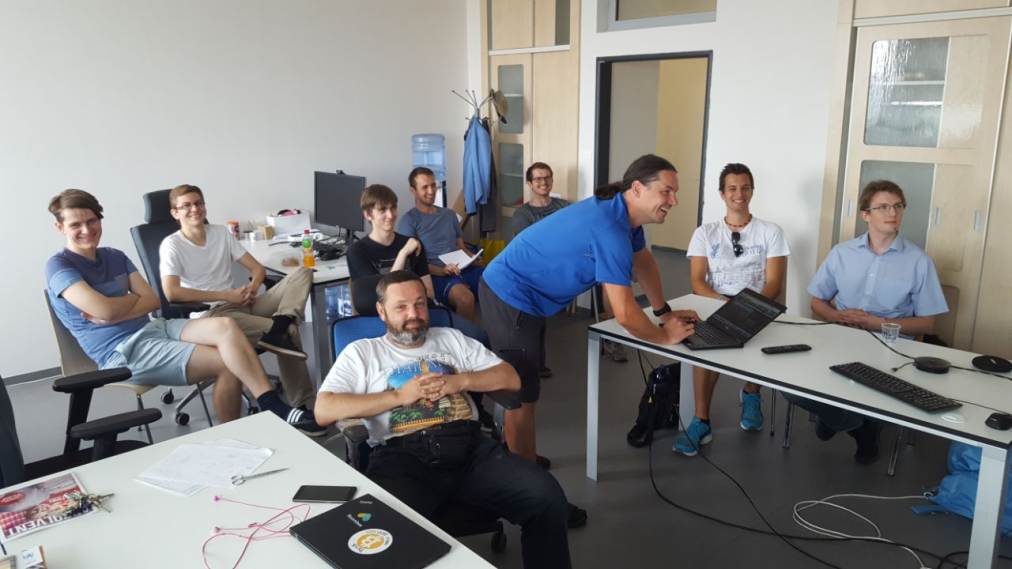Recommbee’s aim is “good” personalization, and as a team of creative people we are most proud of use-cases that bring real added value to users, from recommendations on similar classified listings in second-hand shops to recommended multimedia content. On the other hand, we practically do not deal with ads personalization, which very rarely brings users any added value at all.
The system’s core relies on sophisticated machine learning and artificial intelligence algorithms that process the available data in many different ways, with the one aim: to use them to create useful recommendations for users.

